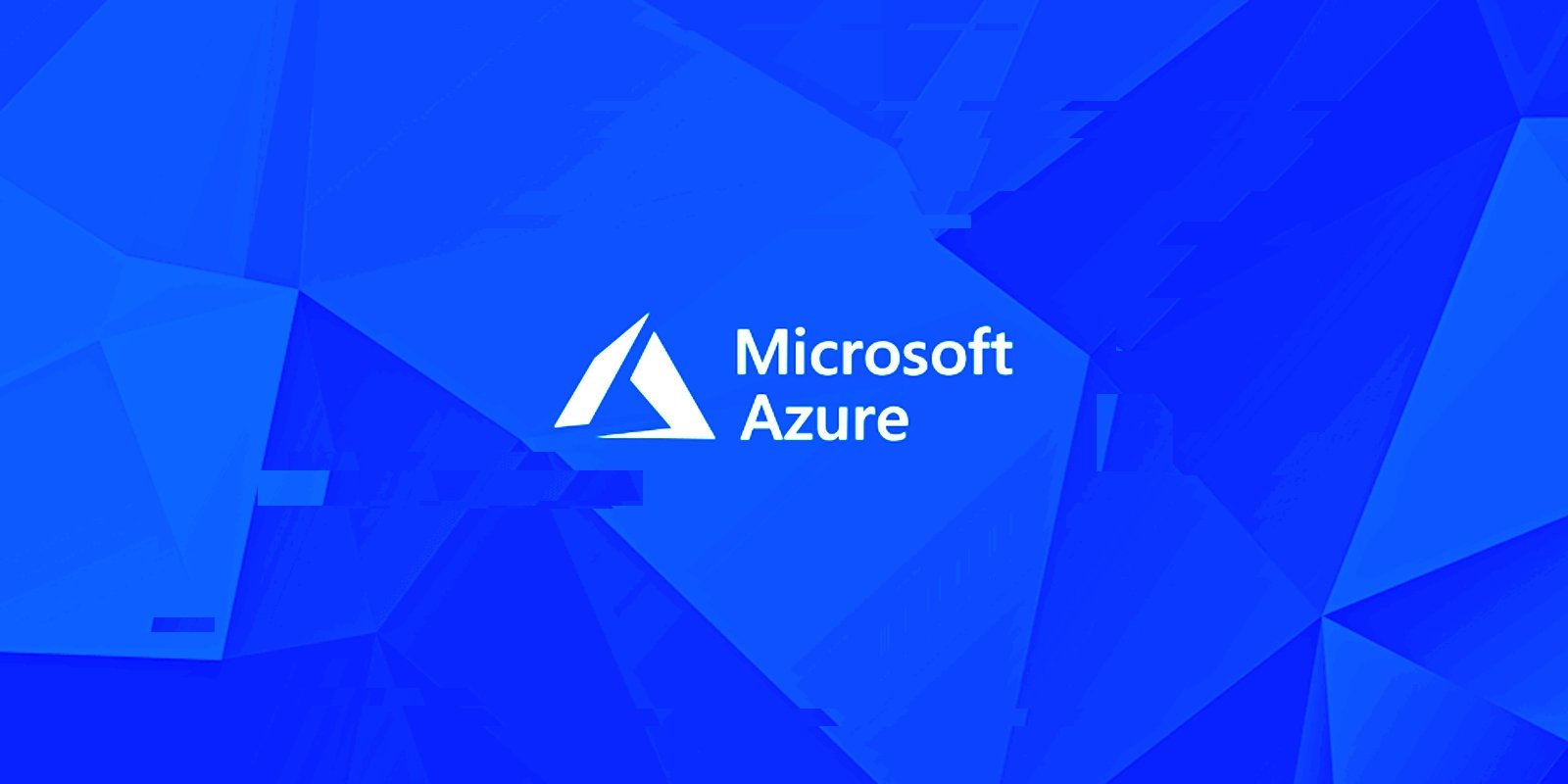Microsoft Now Enforces MFA on Azure Portal Sign-ins for All Tenants
In a significant move towards bolstering security for its customers, Microsoft has announced that it is now enforcing multifactor authentication (MFA) on sign-ins to the Azure Portal across all tenants. This change was first announced in May 2024 when the company began implementing mandatory MFA for users signing into Azure to administer resources.
However, according to a statement released by Microsoft on Friday, the company has now completed the rollout of MFA for Azure portal sign-ins and is proud to announce that multifactor enforcement is now being enforced for 100% of all Azure tenants. This move aims to provide users with the best protection against cyber threats as part of Microsoft's commitment to enhancing security for all customers.
The company's efforts to boost MFA adoption come on the heels of a November 2023 announcement that it would soon roll out Conditional Access policies requiring MFA for all admins when signing into Microsoft admin portals, including Entra, Microsoft 365, Exchange, and Azure. These policies also require MFA for users on all cloud apps, as well as high-risk sign-ins.
As part of its ongoing efforts to strengthen security, Microsoft-owned GitHub has also been enforcing two-factor authentication (2FA) for all active developers starting in January 2024. This move is aimed at preventing unauthorized access to sensitive information and protecting users' accounts against attacks.
A recent study by Microsoft found that 99.99% of accounts protected by MFA successfully fend off hacking attempts, while MFA also lowers the likelihood of account compromise by 98.56%, even when attackers attempt to use stolen credentials. According to former Microsoft VP of Identity Security Alex Weinert, the company's goal is to achieve 100% multifactor authentication.
However, despite these efforts, security experts caution that MFA alone may not be enough to prevent attacks. Hackers have been known to abuse APIs and other means to verify millions of Authy MFA phone numbers, highlighting the need for a multi-layered approach to security.
The Importance of MFA in Cloud Security
Multifactor authentication has become an essential component of cloud security, as it provides an additional layer of protection against phishing and other types of attacks. By requiring users to provide multiple forms of verification, such as a password, code sent via SMS, or biometric data, MFA makes it much harder for attackers to gain unauthorized access to sensitive information.
However, as security experts continue to warn, MFA is not a silver bullet against all types of attacks. Hackers are constantly evolving and finding new ways to bypass security measures, highlighting the need for ongoing vigilance and investment in cloud security.
The Future of Cloud Security
As Microsoft continues to push the boundaries of cloud security, it is clear that MFA will remain an essential component of its strategy. By enforcing MFA on Azure portal sign-ins for all tenants, the company is taking a significant step towards protecting its customers' accounts against attacks.
The rollout of MFA enforcement on other platforms, such as Azure CLI, PowerShell, SDKs, and APIs, in October 2025, will further enhance security measures and provide users with an additional layer of protection against cyber threats. As the threat landscape continues to evolve, it is essential for cloud providers like Microsoft to stay ahead of the curve and invest in cutting-edge security solutions.
Conclusion
In conclusion, Microsoft's enforcement of MFA on Azure portal sign-ins for all tenants marks a significant milestone in its efforts to bolster cloud security. As the company continues to push the boundaries of innovation and security, it is clear that MFA will remain an essential component of its strategy.
